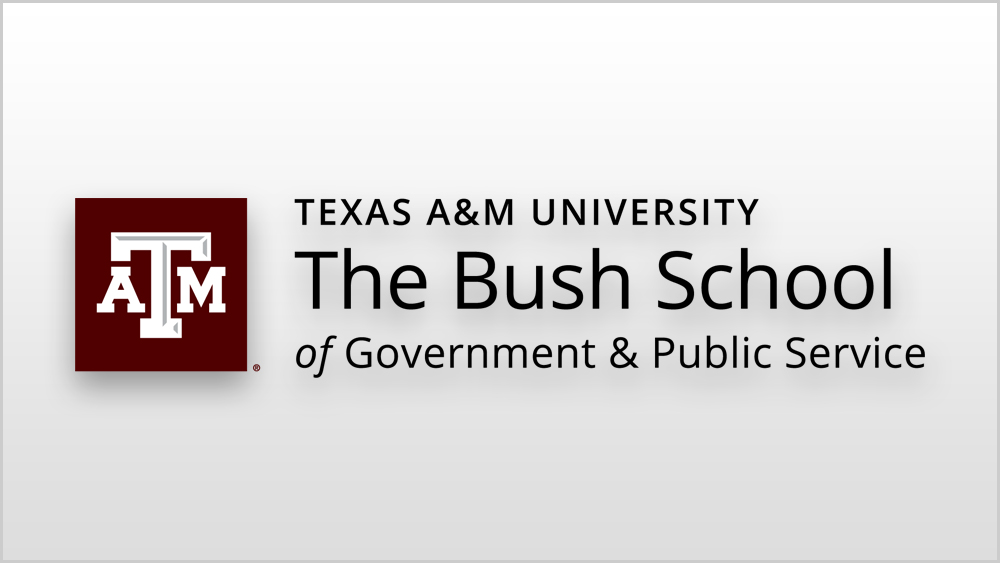
She represents a country with no borders, a people with no country. This is the current state of Kurdistan. Representative Bayan Sami Abdul Rahman holds her post in a time of seismic shifts in the Middle East, on the heels of a Kurdish independence referendum, and as millions of refugees flow into Kurdistan from war-torn regions. It’s not an easy position to hold, but she does it with determination and passion.
Representative Abdul Rahman spent an intimate evening with a capstone class at the Bush School of Government and Public Service at Texas A&M University discussing the class’s upcoming project. The discussion was followed by a presentation to students and faculty. In her talk, Representative Abdul Rahman gave a history of her people—the persecution they have faced, the struggles they have endured, and the optimism they have for the future. She explained why Kurds agreed to remain in Iraq following the toppling of Saddam Hussein in 2003, despite the persecution and genocide ordered by his regime. Following his removal, Kurdistan enjoyed what she called “the golden decade,” when the country was able to have fair and open elections, establish universities, rebuild its shattered economy, and enjoy increased civic activism.
The progress of this era was all taken away with the rise of ISIS. She spoke of how ISIS formed in Iraq and the role of the Kurdish Peshmerga in supporting Iraqi military forces in the fight to drive ISIS forces from the region. She described the recent Kurdish referendum as an “equally exhilarating and terrifying day” for her and her country. She spoke of her role in strengthening ties between Kurdistan and the United States, even in the face of opposition to her country’s desire for independence. She advocated for her government’s position on a wide array of political, security, humanitarian, economic, and cultural matters, while prompting continued coordination and partnership.
Overall, she is optimistic about relations with Baghdad and the future of Kurdistan, hoping one day it will be able to return to the peaceful and prosperous times it once enjoyed.
Following the talk, Dr. Erin Snider moderated a Q&A session with questions from the audience. A video of the talk and Q&A session is available at https://youtu.be/67HKimXlHK4.
